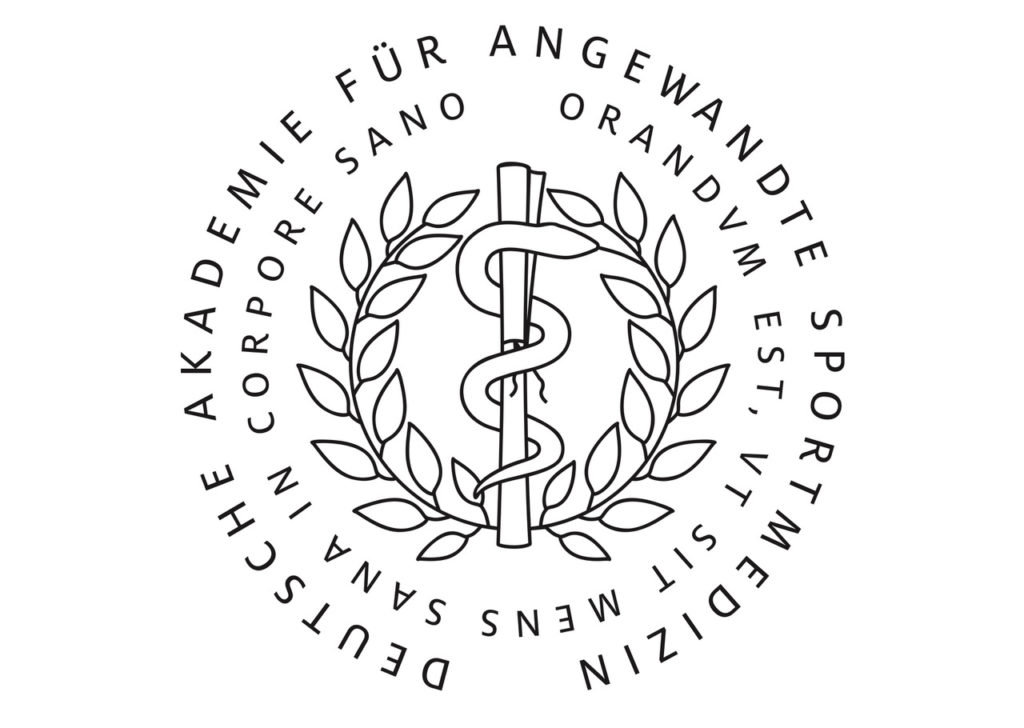Main Menu
Latest Blog Entry
User login
COVID-19 – Advice to self-employed sports coaches
Self-employed sports coaches: financial advice.

Current global circumstances will inevitably leave the self-employed coaching workforce feeling uncertain about the months ahead. Experience has taught me not to wait and see what happens, but to try and get in front.
My good friend Alan Reed, of Scottish Swimming, has helped prepare advice for their self-employed workforce. Please read below and take appropriate action (including going to look for temporary work elsewhere).
Self-Employment Income Support Scheme
This scheme is available for the next 3 months to sole traders and partnerships who submitted a Tax Return for 2018/19, traded during the 2019/20 tax year and who intend to trade in the following tax year (2020/21).
Only those with taxable profits below £50,000 in the 2018/19 tax year or average profits below £50,000 in the 3 years to 5 April 2019 will be eligible. The trading profit must also be more than half the taxpayer’s income.
The grant will be based on 80% of the average monthly profit in the tax years between 2016/17 to 2018/19 up to a maximum of £2,500 per month i.e. add up the taxable profits of the three years and divide by 3, then divide by 12 to reach the monthly figure. The grant will be 80% of this figure subject to the £2,500 cap.
If the taxpayer commenced trading between 6 April 2016 and 5 April 2019 then the average will be based on those years in which traded.
We presume that for Partnerships, it will be based on each Partner’s share of taxable profit during the period but the guidance is not clear on this. More clarity is needed on this.
At present sole traders or partnerships who commenced trading after 5 April 2019 will not be eligible for this scheme and the Government is directing them towards Universal Credit for support.
The scheme is not operational yet and is not expected to be until the start of June at which time HMRC will contact the taxpayer if eligible for the scheme and invite to apply online.
The funds are expected to be paid out to the individual as a lump sum and this will be taxable.
Useful Links
Gov.uk
Guidance for employees, employers and businesses
Federation of Small Businesses
Advice and guidance for small businesses and the self-employed
ACAS
Advice for employers and employees
Claiming Universal Credit

If you are self-employed and claiming Universal Credit, and are required to stay at home or are ill as a result of coronavirus, the Minimum Income Floor (an assumed level of income) will not be applied for a period of time whilst you are affected. From 6 April the requirements of the Minimum Income Floor will be temporarily relaxed. This change will apply to all Universal Credit claimants and will last for the duration of the outbreak. New claimants will not need to attend the jobcentre to demonstrate gainful self-employment. Don’t delay making a benefit claim, even if you think you may be affected by coronavirus. You can apply for Universal Credit online. If you need to make an appointment, call the number you are given when you submit your claim, and explain the situation. Jobcentre Plus staff are ready to support you if you are required to stay at home.
Sick Pay
If you are not eligible for Statutory Sick Pay – for example if you are self-employed or earning below the Lower Earnings Limit of £118 per week – and you have COVID-19 or are advised to self-isolate, you can now more easily make a claim for Universal Credit (UC) or new style Employment and Support Allowance. For more information on how to claim, please visit https://www.gov.uk/universal-credit and https://www.gov.uk/guidance/new-style-employment-and-support-allowance.
Mortgage/Loan Payments
If you are experiencing financial difficulties meeting your mortgage repayments because of COVID-19, you may be entitled to a mortgage or rental holiday for 3 months. This includes if you are a landlord whose tenants are experiencing financial difficulties because of COVID-19. If you are a tenant experiencing financial difficulties because of COVID-19, the government will ensure you do not face the threat of eviction for at least 3 months:
The government has agreed with mortgage lenders that they will offer repayment holidays of 3 months to households in financial difficulty due to COVID-19.
This will also apply to landlords whose tenants are experiencing financial difficulties because of COVID-19.
The offer of a payment holiday can be made available to customers who are up to date with payments and not already in arrears.
Customers who are concerned about their current financial situation should contact their lender at the earliest possible opportunity to discuss if this is a suitable option for them.
Emergency legislation will be taken forward so that landlords will not be able to start proceedings to evict tenants for at least a 3 month period. This applies to private and social renters.
At the end of this period, landlords and tenants will be expected to work together to establish an affordable repayment plan, taking into account tenants’ individual circumstances.
Loans and Credit Cards.
If you are experiencing difficulties paying back personal loans or credit card bills as a result of COVID-19, you should read the following information:
The Financial Conduct Authority (FCA) called on lenders to use flexibility built into their rules to support consumers, taking into account customers’ individual circumstances. Many major lenders have already made statements to this effect.
If you are experiencing difficulties paying back loans or credit card bills because of COVID19, you should talk to your lender.
If you agree a payment holiday with your lender, they should record these in such a way that will not impact on your credit score.
Tax Bills
If you are self-employed or own a business and you are concerned about not being able to pay your tax bills because of COVID-19, you may be eligible for support through Her Majesty’s Revenue and Customs’ (HMRC) Time to Pay service:
If you think you or your business is eligible for support through Time to Pay, you can call the following helpline number to get practical help and advice: 0800 0159 559.
These arrangements are agreed on a case-by-case basis and are tailored to individual circumstances and liabilities.
For more information, please check the HMRC site here: https://www.gov.uk/government/news/tax-helpline-to-support-businesses-affected-bycoronavirus-covid-19.
These will be very difficult times financially for millions of people. This includes many if your customers who may have less disposable income for months and years to come.
Please contact the relevant authorities we have listed for professional advice. Good luck.
Client Testimonials
 German Academy of Applied Sports Medicine (DAASM)
German Academy of Applied Sports Medicine (DAASM)
James Marshall is a master of his field. He knows how to turn a big audience hall into a small seminar setting, where he picks everyone up. One of the finest invited speakers DAASM has ever had the privilege to announce. Dr. Dr. Homayun Gharavi Founder & President of DAASM
More

